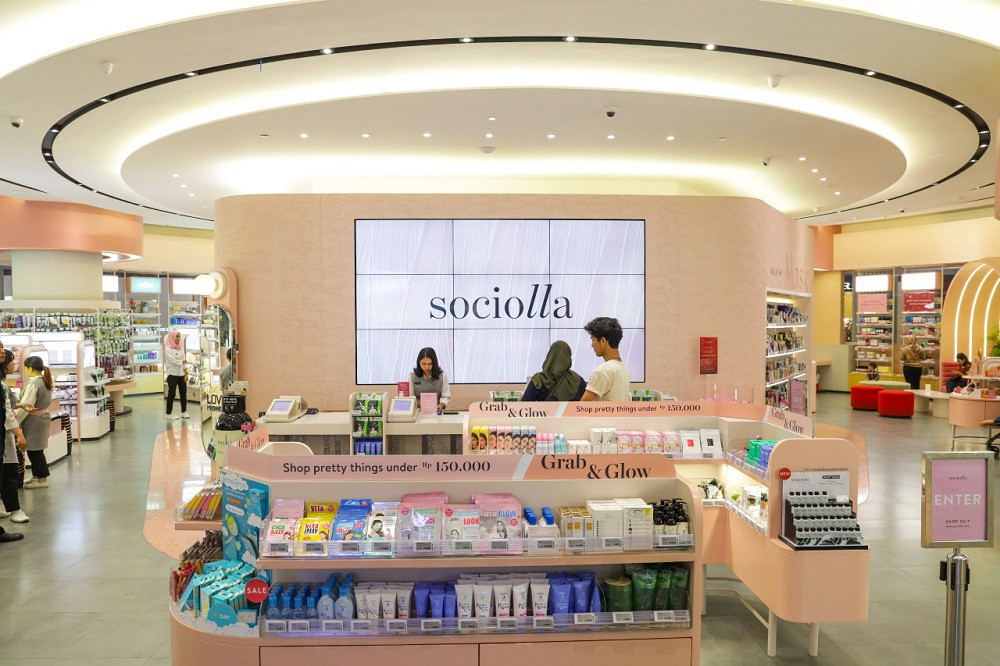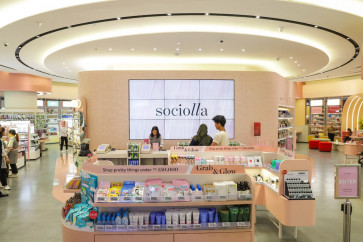Popular Reads
Top Results
Can't find what you're looking for?
View all search resultsPopular Reads
Top Results
Can't find what you're looking for?
View all search resultsEmbracing sustainable cosmetics industry in Indonesia
Public awareness campaigns highlighting the benefits of refillable cosmetics and sustainable practices can drive consumer demand for such products.
Change text size
Gift Premium Articles
to Anyone
I
ndonesia’s cosmetics industry is experiencing a significant transformation driven by a growing demand for sustainable practices and eco-friendly products.
Central to this shift is the implementation of good manufacturing practices (GMP) for cosmetics, known locally as CPKB. This certification, mandatory for all cosmetics producers, ensures that products meet high-quality standards throughout their production and distribution.
Cosmetics have evolved into daily essentials that are used by millions in their morning routines and evening rituals. This surge in demand has spurred substantial growth in Indonesia’s cosmetics industry. According to the Directorate of Cosmetics Supervision, the number of cosmetics businesses increased by 25 percent from 2020 to 2023. Over half of the products registered with the Indonesian Food and Drug Authority (BPOM) are cosmetics, surpassing the combined totals of medicines, traditional remedies, health supplements and food products.
The industry's dynamism, driven by evolving trends and lifestyles, presents a unique challenge for BPOM's Directorate of Cosmetics Supervision. One notable trend is the rise of refillable cosmetics. This innovative practice allows consumers to purchase product refills from dispensing machines, reducing the need for new packaging and addressing the growing concern over plastic waste.
Plastic waste is a pressing environmental issue, as it takes centuries to decompose. Greenpeace data shows that 57 percent of global waste is plastic, with Indonesia being the second-largest contributor after China. Domestic statistics reveal that plastic waste ranks second in Indonesia, contributing 5.4 million tonnes annually, or 14 percent of total wastes. Packaging materials, such as bottles and caps, are the largest contributors.
The economic benefits of adopting sustainable practices are significant. Businesses that embrace eco-friendly initiatives can tap into a growing market of environmentally conscious consumers. According to a Nielsen report, 66 percent of global consumers are willing to pay more for sustainable brands. This shift in consumer behavior presents an opportunity for Indonesian cosmetics companies to innovate and lead in sustainability.
Furthermore, the environmental impact of the cosmetic industry extends beyond packaging waste. The production processes, components used and disposal of cosmetic products all contribute to the industry’s carbon footprint. Therefore, a comprehensive approach to sustainability involves not only reducing packaging waste but also adopting green manufacturing practices, sourcing sustainable ingredients and promoting responsible consumer behavior.



















